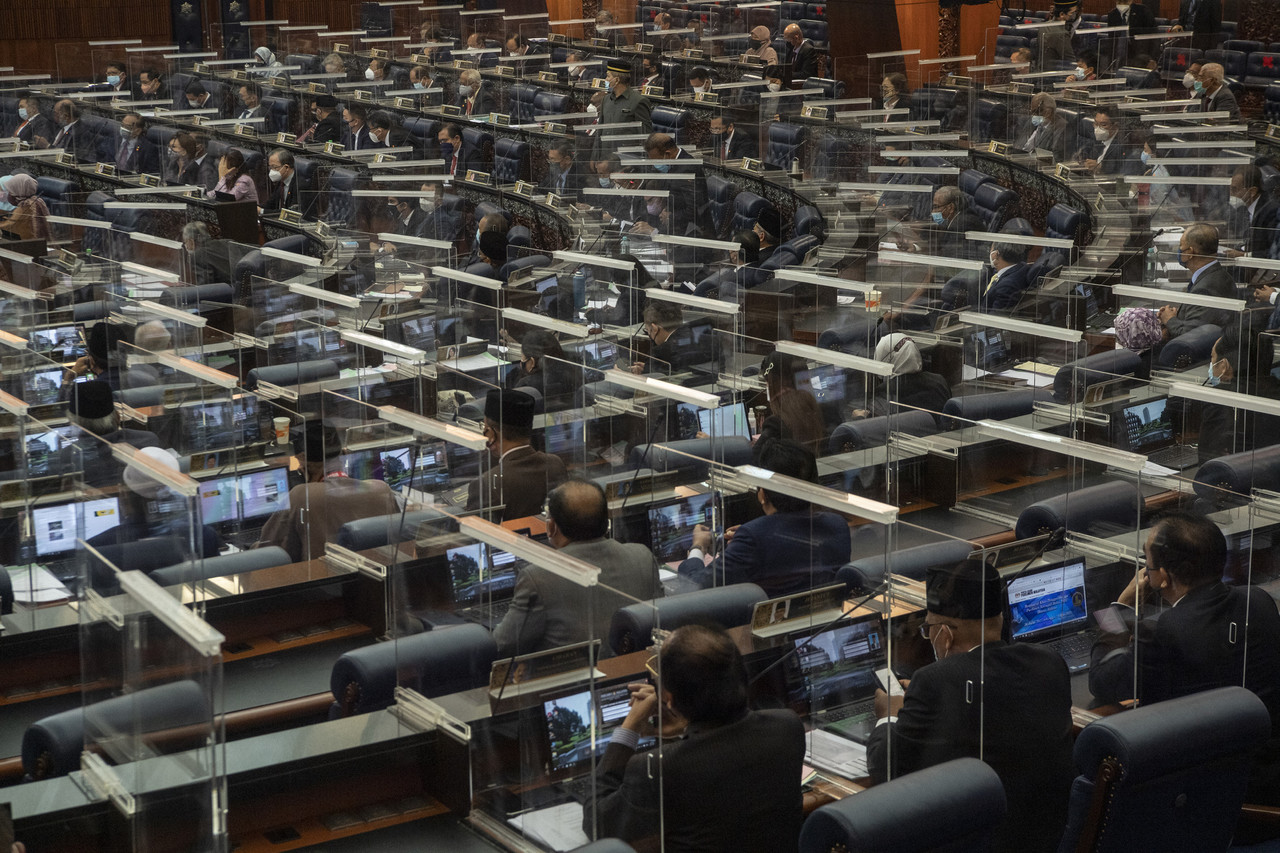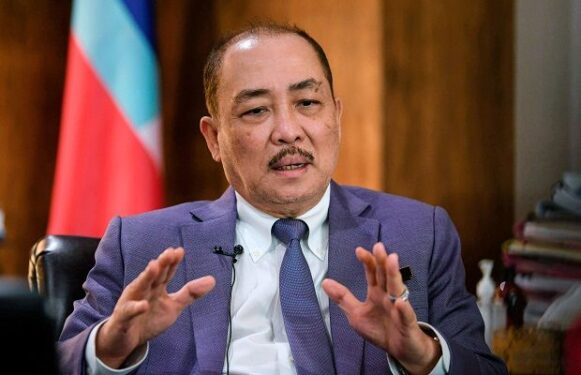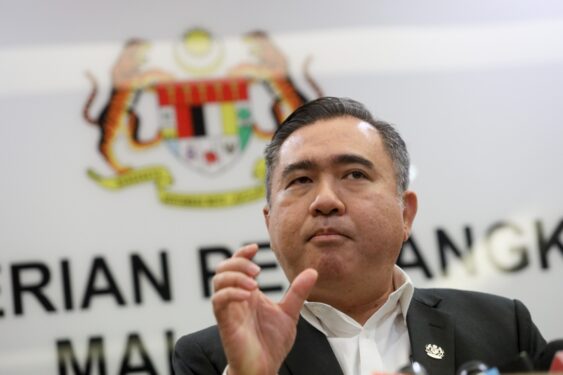WHEN our Opposition politicians agreed to sit down with the Government to negotiate a memorandum of understanding (MOU), they should have taken cognisance of the fact that they were dealing with a Government that was not democratically elected to hold office!
Our Opposition politicians were minded to engage with a Government that was devoid of legitimacy, was a no brainer. Though that be the case, the fact remains that a MOU has been exacted between the parties, ostensibly, to facilitate political stability and transformation.
Notwithstanding the fact that a MOU does not confer legal obligations between the parties, one has the right to seek answers as to the underlying intention of parties executing the said document especially so the aspirations of our Opposition politicians.
For a start, we need to ask whether our Opposition even contemplated a recalibration of the embedded race centric socio-economic policies of the Government. Looking at the Budget 2022, we cannot be faulted to conclude that, even if the Opposition had that said intention, the budget has failed to address the objective.
As in the past, Budget 2022 is ethnocentric. In the alternative and premised upon our Opposition having intended a need-based agenda in the MOU, we have a duty to raise the issue of whether our Opposition is still beholden to the budget despite the obvious inequities.
The unchallenged fact remains that the most marginalised segment of our society is still wallowing in the low- and middle-income trap, what more the vast population that seeks out a living in the informal sector. These people do not have adequate social security protection except for the grossly insufficient ad hoc hand-outs so dished out by the state. And for Budget 2022, at the least, could have revised the minimum wage, let alone a migration to a living wage system.
On this issue, too, we are entitled to question our Opposition if they had sought a transformation of the low and middle wage eco-system prevailing in the country.
Going by the Employees Provident Fund’s (EPF) own admission, only about 3% of private sector workers can afford to retire on account of the insufficient funds in their old age savings. As such, we are entitled to ask whether our Opposition even thought of an old age social security protection scheme when they signed the MOU.
Embracing “frogs”
In my view, such fundamental issues of concern ought to have been part of the bargaining process. Sadly, the Opposition leadership seems to have taken a broad-based approach on a so-called parliamentary reform as opposed to a holistic transformation of the socio-economic and political eco-system of the nation. They have, as an analogy, missed the forest for the trees!
Another thing worth mentioning was the need for an anti-hopping law. And even before the ink had dried, we stood witness to the unthinkable – PKR and Parti Amanah Negara embracing those who jumped ship in Melaka!
I believe that we can look at a long list of issues that ought to have been addressed by our Opposition, given their bargaining strength to bring about objective changes to the nation’s socio-economic and political landscape, in their wisdom, to enter into the MOU with the Government of the day. Unfortunately, those pressing concerns were not given priority.
The said MOU has neglected to address the essential issues that we, as a nation, are confronted with no thanks to the Opposition leaderships’ lack of tact to leverage upon the Government’s fragile bargaining chip under the circumstances.
To me, it was a missed opportunity to attempt a progressive transformation of the political and socio-economic footprint of our country. – Nov 9, 2021.
K Veeriah is a FocusM contributor and a veteran unionist.










